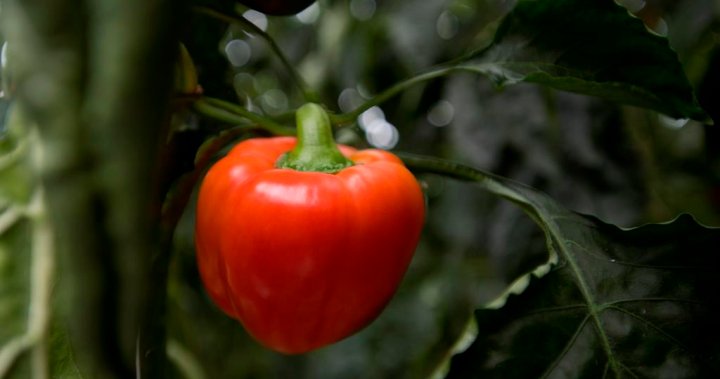Surrey councillor Mike Bose, a fourth-generation farmer, is advocating for the prioritization of farming and agriculture in British Columbia due to the increasing issue of food security. He points out that countries such as the Netherlands and Israel, with limited farmland, have made significant investments in technology and innovation to become major exporters. Bose highlights the risk that B.C. faces from relying too much on imported produce, especially during times of crisis such as the COVID-19 pandemic. He emphasizes the importance of being able to grow our own food to feed our communities and reduce dependency on external sources.
Bose suggests that every city, including Surrey, should streamline the regulatory processes involved in agriculture to encourage entrepreneurs to invest in the sector. With approximately one-third of Surrey’s land being farmland, there is a significant resource that could be leveraged for increased food security and value-added products. He warns of the consequences of not growing the agricultural sector, including higher food prices and potential food shortages in the future. Bose plans to introduce a notice of motion at the next council meeting to urge the City of Surrey to work with the B.C. government and farming communities to make regulatory changes that would facilitate more opportunities for food processing and production.
The councillor’s call for action is timely, given the challenges faced by the agricultural sector in British Columbia and the importance of ensuring food security for the province. With climate change, water scarcity, and other factors affecting traditional farming practices, investing in technology and innovation is crucial for the industry’s sustainability and growth. Learning from countries like the Netherlands and Israel, which have successfully overcome their limited farmland through technological advancements, can provide valuable insights for B.C. to enhance its agricultural productivity and competitiveness on a global scale.
Bose’s focus on cutting red tape and creating an environment conducive to agricultural entrepreneurship aligns with the need to support local farmers and producers in meeting the growing demand for food in the province. By encouraging innovation and value-added production, B.C. can strengthen its agriculture sector and reduce its reliance on imported goods. The councillor’s advocacy for regulatory changes to facilitate food processing and production reflects a proactive approach to addressing the challenges faced by the industry and ensuring long-term food security for British Columbia’s residents.
In conclusion, Surrey councillor Mike Bose’s efforts to prioritize farming and agriculture in British Columbia are commendable, given the increasing importance of food security in the province. By advocating for regulatory reforms to support agricultural entrepreneurs and investing in technology and innovation, B.C. can enhance its agricultural productivity and reduce dependency on external sources. Collaborating with the B.C. government and farming communities to make necessary changes will create more opportunities for food processing and production, ultimately benefiting both the agricultural sector and the province as a whole. With proactive measures and strategic investments, British Columbia can strengthen its agricultural industry and ensure a sustainable and secure food supply for its residents.


